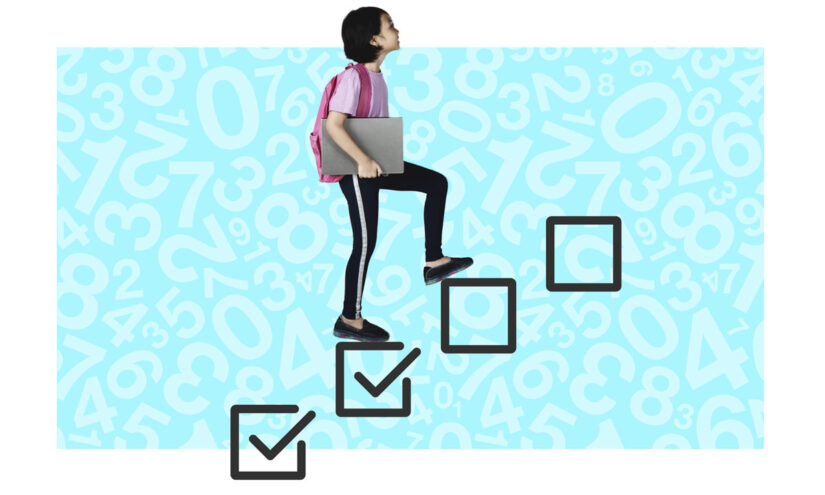Reflecting on the tenets that shape our educational practices is fundamental for …
Indiana introduces mid-year snapshot tests to track student progress
Emma Wordsmith

Indiana is set to address a common critique of state tests by implementing a new approach that aims to provide timely feedback to teachers to help students improve their learning outcomes.
A pilot program involving approximately 600 schools will introduce the Learning Evaluation and Assessment Readiness Network (ILEARN) tests in four stages throughout the upcoming school year. This departure from the traditional end-of-year tests will allow for a more holistic evaluation of student performance.
As part of the pilot program, Indiana will administer three new “checkpoint” tests in math and English to third- through eighth-grade students at various intervals during the academic year. These tests will provide immediate insights to teachers, enabling them to tailor their lessons accordingly.
“The checkpoints are designed to enhance learning within the classroom,” explained Katie Jenner, Indiana’s state education superintendent, emphasizing the focus on improving student outcomes.
The mid-year scores from the checkpoint tests will not be publicly disclosed or factored into school or district report cards, which will continue to rely on end-of-year assessments.
The introduction of checkpoint tests is anticipated to reduce the reliance on external diagnostic tests from private providers, such as NWEA’s Measure of Academic Progress (MAP) and Edmentum’s Exact Path tests.
State Representative Bob Behning, a proponent of the pilot program, highlighted the alignment of the new tests with statewide assessments, aiming to enhance the predictability and correlation between different evaluations.
If successful, the checkpoint tests may lead to a reduction in the $14 million in grants allocated annually to districts for diagnostic tests, potentially streamlining the assessment process.
Mid-year standardized testing, known by various names like diagnostic, formative, or through-year tests, is a prevalent practice nationwide, with Indiana being one of the states exploring its implementation.
The through-year tests will be administered periodically throughout the school year, comprising 25 to 30 questions covering multiple learning standards within each subject.
Students and teachers will receive feedback on their progress relative to the final assessment and their peers in the state, allowing for targeted intervention and improvement strategies.
The flexibility of the checkpoint tests enables students to reassess their skills and receive additional support to enhance their learning, promoting a mastery-based approach to education.
The concept of mastery learning and competency-based grading systems is gaining traction among state officials, with the prospect of tailoring instruction based on individual student progress.
The state’s initiative to shorten the final ILEARN test to accommodate the additional checkpoint tests has been well-received statewide, addressing concerns about the overall testing duration.
The positive reception of the new assessment approach reflects a broader consensus on the benefits of timely feedback and tailored interventions to support student success.
– The 74



